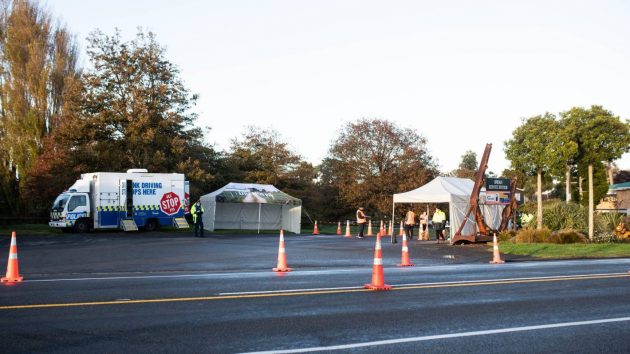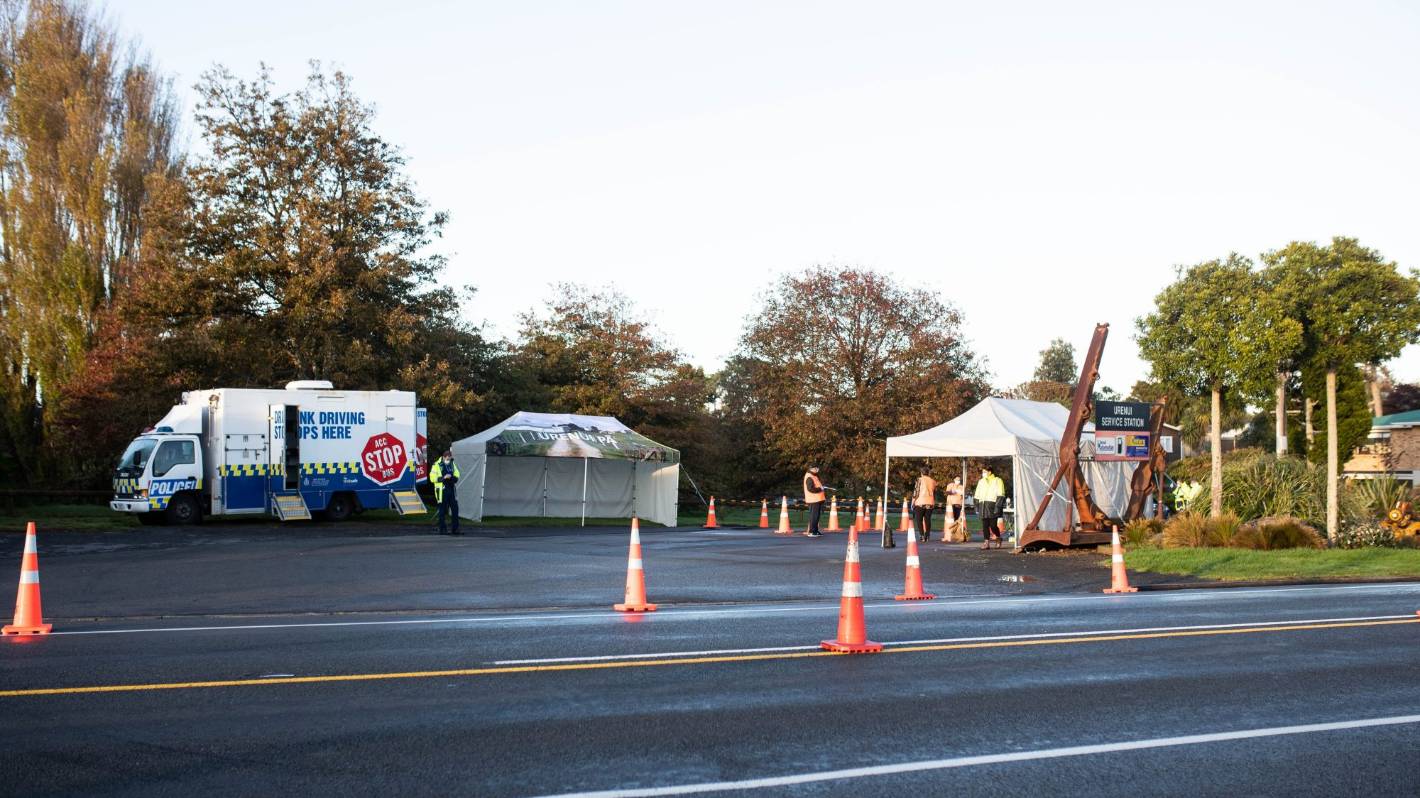Update: I have been told this morning that Police do now have the power to stop people to ensure compliance with lockdown under s71A(2)(c) of the Health Act 1956
However, anyone who isn’t Police has no power to stop a vehicle (except some limited other govt departments ie Fisheries officers etc), and the continued kid-gloves approach to a section of the community based solely on race is in direct contravention of the Police Oath.
I can understand fear driving iwi desire to act as vigilantes in order to protect their local area from COVID-19. I can understand their reasons for setting up illegal checkpoints and roadblocks. What I cannot understand is why our Police took the path of least resistance and facilitated actions that the Police themselves do not have the legal right to do.
Instead of shutting them down for acting outside of the law they not only turned a blind eye to their law-breaking but they gave them the appearance that they were Police sanctioned.
The checkpoints were set up with the support of police, with another mobile patrol stationed at the eastern entrance to State Highway 43/Forgotten World Highway.
stuff.co.nz/taranaki-daily-news/news/121386401/iwi-checkpoint-data-shows-noncompliance-with-level-3-travel-restrictions
I should not be surprised that Maori groups get treated differently to non-Maori when it comes to breaking the law (no matter how well-intentioned they might be) as the NZ Police are very big on working together with Maori as a special group.
Frontline police staff are trained in Maori culture and protocol including
correct pronunication of Te Reo. There is even a Maori Focus Forum where:
“The Commissioner of Police has a group of senior kaumatua and kuia who meet with him regularly to discuss issues of mutual interest and concern […] the group helps guide policing strategy in regard to Maori and provides advice on issues of the moment.”
police.govt.nz/about-us/m%C4%81ori-and-police/m%C4%81ori-and-police-working-together
Apart from the fact that any non-Maori group attempting to set up roadblocks and checkpoints would be quickly told to sling their hook by the Police, there is also the issue that the Police themselves do not have the power to stop vehicles in order to enforce the isolation campaign so why were they supervising iwi doing exactly that?

The question has to be asked. Under what Act are the Police and iwi requiring people driving vehicles to stop?
The Land Transport Act allows cops to stop someone for the purposes of checking the WOF and registration of a car, or a driver’s licence status, for example. There are other powers to stop a vehicle also under that Act and other Acts. But the police must exercise their right to stop someone under a specific Act. So if the driver asks why they were stopped the police should be able to state the Act and subsection they relied upon.
Let us say that the Police stopped a car to check a licence status of a driver, and when they went up to the window they smelled pot. They can no longer rely on the Land Transport Act to proceed as they must now state that the car is now being detained under the Misuse of Drugs Act 1975. They have the power then to detain that vehicle for the purposes of a search etc. The initial power to stop is still under the Land Transport Act, which is a legal stop if they intend to check the driver’s licence status, but as soon as the intent changes (that is, they’ve smelled dope), the power to detain changes immediately, and they must state that to the detainee.
Police have lost cases because the officers could not state that they were relying on the relevant Act to detain or search.
How then can non-police (in some cases gang members, let’s be honest here) be allowed by the Police to stop motorists and deprive them of their legal right to travel on a road? On what authority are they firstly stopping them and secondly interrogating them?
When the Police are doing the interrogating citizens have a right to silence, a right that I highly doubt was afforded to those individuals illegally stopped at the iwi checkpoints. A number of people reported feeling intimidated at the checkpoints and turned around because of it.
How much worse must it be for people to feel intimidated by someone who is not a police officer knowing that the person intimidating them is being supported by those who we expect to uphold the law.

